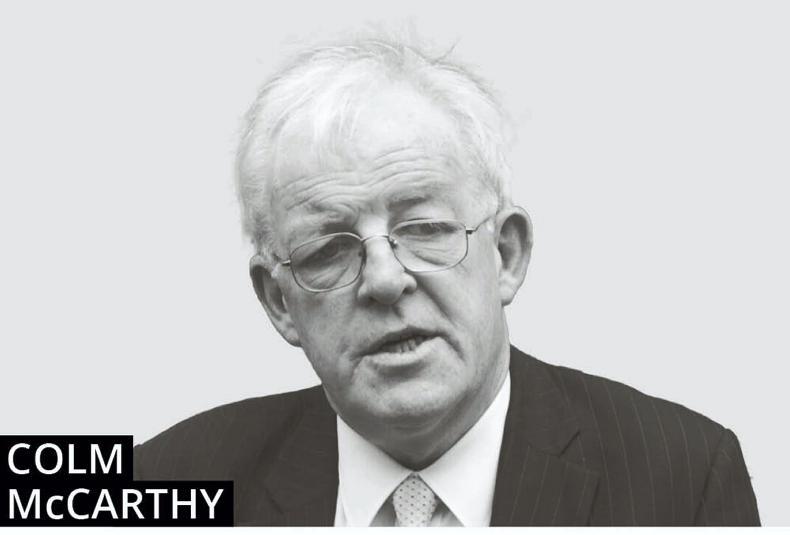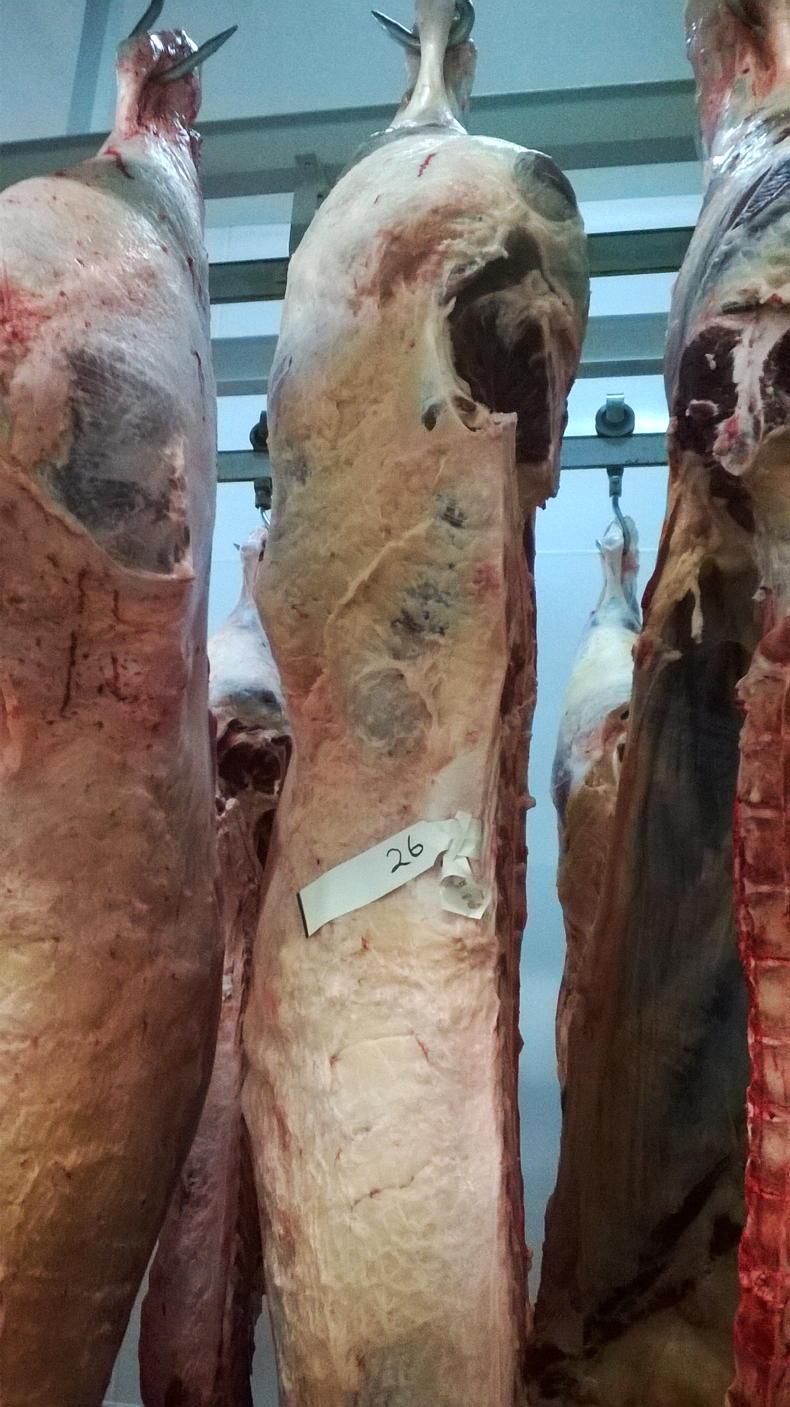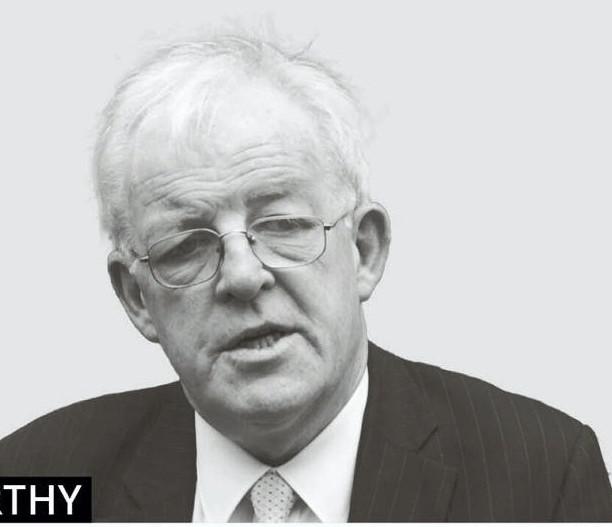Until last week, the third wave of the epidemic had struck harder in the United Kingdom than in this country. The incidence of new cases, relative to population, was about three time higher in the UK. That position has now altered and the recent case numbers, relative to population, have been about the same in Ireland as in the UK, when account is taken of the measurement problems. It is therefore reasonable to expect that the crisis that has already emerged in UK hospitals will be replicated here. In both countries, the gamble was that countermeasures could be relaxed over the holiday period and that gamble has come unstuck.
The Government delayed its response to advice from NPHET and there are fears that hospital admissions will overwhelm the capacity of the system with inevitable consequences for COVID-19 patients and those suffering from other ailments. These are already back down the queue, displaced by the immediate priority of dealing with those suffering severely from the virus.
The dangerous feature is the sheer speed of transmission
The economic damage from COVID-19 has been exacerbated all over Europe by stop-go policies – whenever the case numbers fall, governments have been persuaded to ease up and the public, or at least enough of them, have followed their lead and relaxed their adherence to public health guidance. The epidemic has two features – one highly dangerous and one benign, which drive the dynamics. The dangerous feature is the sheer speed of transmission. When the disease is advancing, it spreads very quickly and limited human contact with an infected person is enough. This distinguishes COVID-19 from many other contagious diseases.
Vaccination cannot work quickly enough to suppress the third wave
The benign feature is that most people recover within a few weeks and cease to be infectious. The disease has a natural proclivity to die away if the countermeasures are effective, as happened last summer when the first wave was suppressed and again in November, briefly, with the second wave. But on both occasions, the relaxation of public health measures by governments around Europe gave the virus a second chance, and then another.
Vaccination cannot work quickly enough to suppress the third wave. The only instruments available are tighter government restrictions and public adherence to social distancing and mask-wearing.
Delayed exit
In an article in The Irish Times on Monday, the co-leader of the Social Democrats, Róisín Shortall, called for a delayed exit from the current lockdown. Her proposal is that the next time the figures begin to improve, the temptation to relax should be resisted in favour of an explicit target of getting incidence down close to zero and keeping it there until widespread vaccination finally ends the epidemic. This would require arrival testing at airports, still not required in Ireland, but increasingly the norm elsewhere. The control of highly contagious animal diseases, such as foot-and-mouth, has always been enabled through tight controls on movement.
The emergence of new virus strains in the UK, South Africa and Nigeria, are a further incentive to movement control
The same logic applies to COVID-19 and it is significant that countries which have done much better than Europe, for example Australia, have introduced internal borders to isolate disease outbreaks. Europe’s national frontiers are not a handicap – they are a bonus in halting disease propagation, but only if movement is controlled.
The emergence of new virus strains in the UK, South Africa and Nigeria, are a further incentive to movement control. The recent upsurge in Ireland is due in part to a more contagious mutation which arose first in the southeast of England and which has already resulted, perhaps too late, in flight bans.
But the stop-go policy has wreaked havoc on many other economic sectors too
It can be objected that arrival testing and selective flight bans will do more damage to an aviation industry already shattered by COVID-19.
But the stop-go policy has wreaked havoc on many other economic sectors too, and a further period of restrictions on external movement needs to be a part of bridging the gap to the immunisation of the population through vaccination.
Had arrival testing and quarantine been adopted earlier, the aviation industry could already have commenced a sustainable recovery.
Efforts to save jobs and businesses by premature reopening have been tried twice in Ireland and elsewhere, and have failed on both occasions
Since the onset of the epidemic in the early months of 2020, the media has retailed a narrative of governments carefully balancing the needs of public health against the potential damage to the economy, the asserted trade-off between lives and livelihoods. Evidence for the existence of this trade-off has been lacking and many economists and public health professionals doubt that it exists at all.
The policy that fixes public health, at heavy short-term economic cost, is also the one that sustainably fixes the economy. Efforts to save jobs and businesses by premature reopening have been tried twice in Ireland and elsewhere, and have failed on both occasions.
The business lobby groups such as IBEC and the trade associations representing pubs, restaurants and non-essential retail, champions of the stop-go policy, have not served the interests of their own members.









SHARING OPTIONS